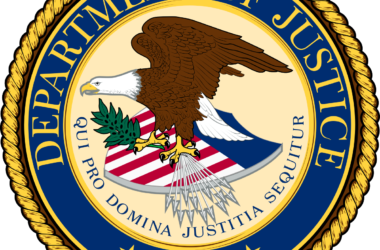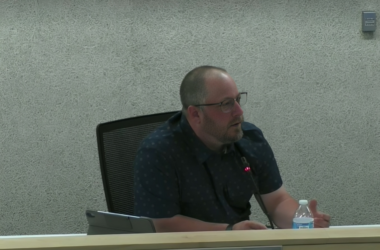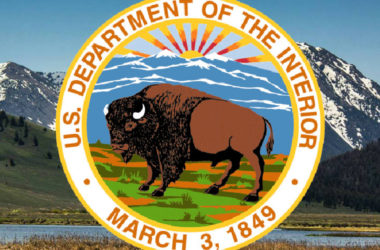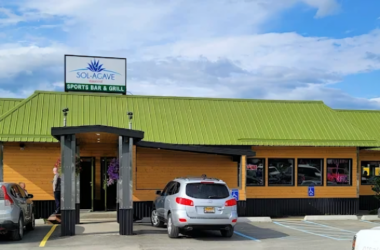Alaska Attorney General Treg Taylor and a group of his counterparts urged the FCC to do more to protect American consumers from illegal robocalls by international callers. In comments to the FCC, Taylor and other state attorneys general asked the commission to require gateway providers – those companies that allow international calls to the United States – to implement measures to slow the influx of foreign robocalls.
The FCC, the attorneys general say, should require gateway providers to put in place a caller ID authentication technology called STIR/SHAKEN that helps prevent spoof calls. This request comes weeks after Attorney General Taylor and others helped persuade the FCC to shorten by a year the deadline for certain telephone companies to implement that technology. If implemented, STIR/SHAKEN would help prevent caller ID ‘spoofing’ using technology to make a call appear to be from another number.
In observing that Americans lost a total of $520 million through robocall scams in 2020, Attorney General Taylor said:
“Robocalls are at best an annoyance and at worst a ruse used to scam hard-working consumers out of their money. Fortunately, technology has been developed that helps prevent some of these calls, and I will continue to work to make sure federal regulators use every tool possible to eliminate robocalling.”
The group are also asking for additional measures to reduce robocalls, including:
- Responding to requests from law enforcement, state attorneys general, or the FCC to trace back calls within 24 hours.
- Blocking calls when providers are aware of an illegal or likely fraudulent caller.
- Blocking calls that originate from numbers that are on a “do not originate” list – such as government phone numbers that are for incoming calls only.
- Ensuring that foreign telephone companies they partner with are ensuring that calls are being made from legitimate numbers.
A total of 51 attorneys general joined in sending the comment letter to the FCC:
220110-Comments





